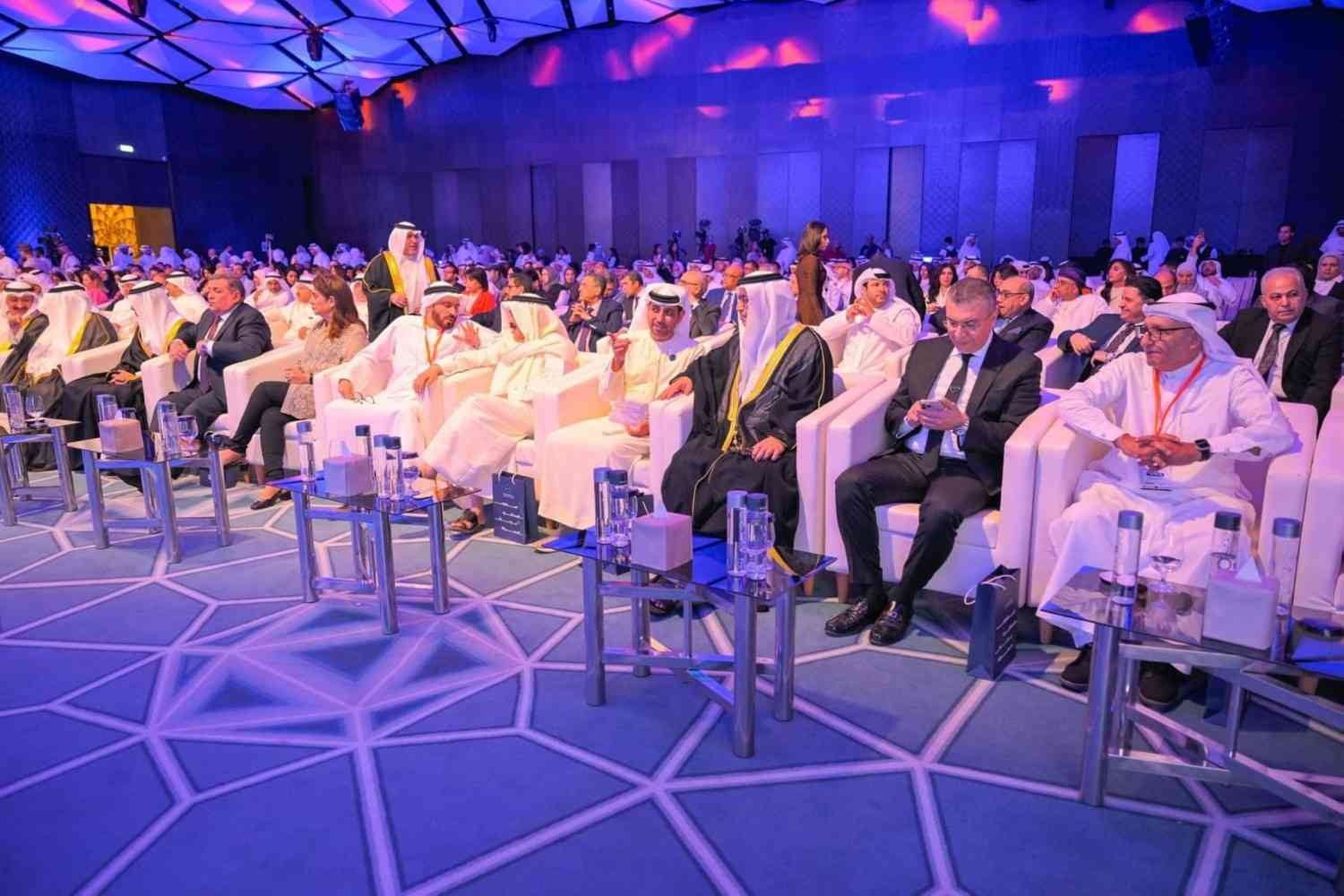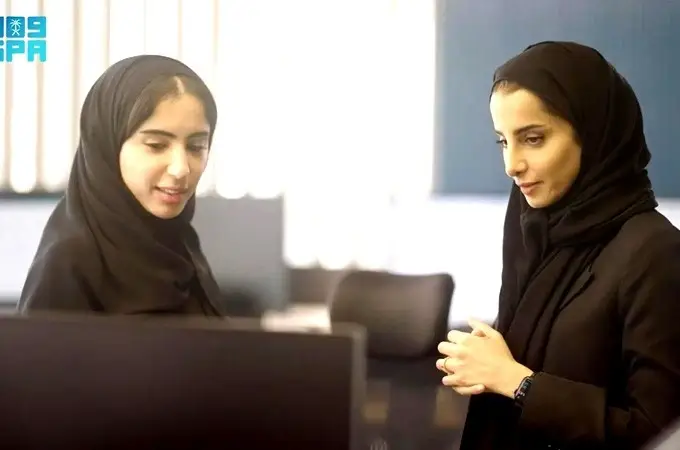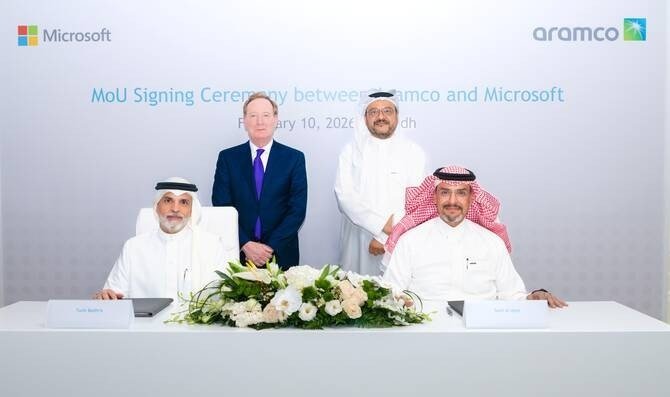Arab ministers of information, senior officials, and media experts have acknowledged the profound transformation occurring in the media landscape across the Arab world, driven by rapid digital advancements. This shift demands a reevaluation of media policies and the development of comprehensive digital strategies that reinforce cultural identity while addressing emerging challenges.
These insights were shared during a ministerial session at the 20th Arab Media Forum in Kuwait, organized by TRENDS Research & Advisory under the theme: “Media and the Virtual World: Transformations of the Media Landscape in the Digital Age.”
The session was attended by prominent figures including Dr. Ramzan Al-Noaimi, Bahrain’s Minister of Information; Paul Morcos, Lebanon’s Minister of Information; Ahmed Al-Muslimani, Chairman of Egypt’s National Media Authority; and Dr. Mohammed Abdullah Al-Ali, CEO of TRENDS. The discussion was moderated by Dr. Nader Karam.
Dr. Al-Ali stressed that the media landscape is undergoing an unprecedented transformation due to the digital revolution. He emphasized that media is no longer limited to traditional outlets but has become an open space for participation by individuals, corporations, digital influencers, and even artificial intelligence. AI, he noted, plays a central role in media operations—from audience behavior analysis to content creation and combating fake news.
Highlighting the scale of digital transformation, Dr. Al-Ali pointed out that there are over 4.7 billion active social media users worldwide, with nearly 5 billion internet users, underscoring the urgent need for media strategies that adapt to shifting audience behavior and access channels.
Dr. Al-Noaimi addressed the need for renewed media strategies to foster creativity and innovation while preserving national values and principles. He called for the development of joint Arab media strategies to elevate digital content and create a stronger regional presence in the digital sphere.
Morcos echoed the significance of this pivotal moment for Arab media, advocating for a unified Arab vision to reform the sector. He proposed the creation of an Arab fund for digital media, a regional media training center, and an Arab observatory for digital media ethics. He emphasized the importance of adopting a proactive approach to content creation.
Al-Muslimani discussed how AI-generated information is reshaping traditional soft power, highlighting its growing influence on the media.
The session concluded with key recommendations, including the establishment of Arab digital platforms to counter foreign media influence, launching regional initiatives to combat media disinformation, and investing in content that resonates with Arab youth. Other recommendations included preparing a new generation of digital journalists with technical and fact-checking skills, enhancing collaboration between media institutions and think tanks, supporting the protection of Arab intellectual property, and fostering regional and international media partnerships.















